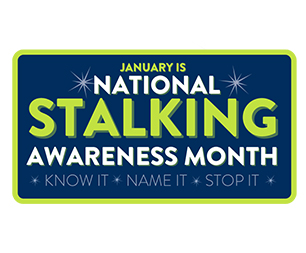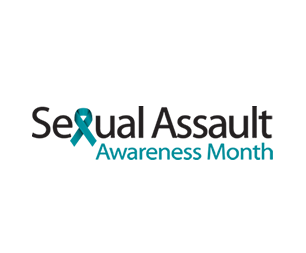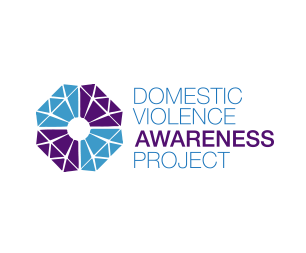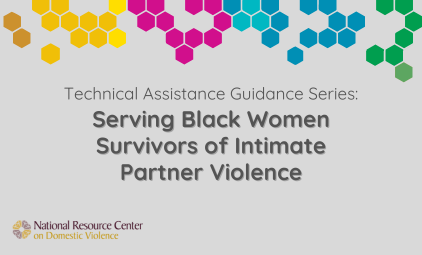Over the years, research has emphasized the importance of implementing a risk-needs approach when working with general offender populations, wherein programming responds to both the risks and needs of each offender. When it comes to domestic violence offenders, most communities have only one level of community-based abusive partner intervention program and often struggle to address offenders' many needs including past trauma, parenting after violence skills, employment barriers, substance use, and lack of hope. Debate continues related to how and when assessments should be used to inform decisions and who should conduct them. As program referrals typically come directly from the court or probation without risk information, programs are often left in the dark about the various needs of the offender and whether their program is the right fit for them.
While domestic violence risk tools (e.g., Domestic Violence Risk Needs Assessment (DVRNA)) are starting to be utilized in jurisdictions across the country, comprehensive assessment strategies may also incorporate questions about hope and past trauma and address these issues in turn. Presenters, Cheryl Davis, formerly of the Colorado Domestic Violence Offender Management Board, and Terri Strodthoff, Executive Director of the Alma Center, will share promising practices related to utilizing comprehensive assessment strategies to inform abusive partner intervention programming. They will also address emerging strategies for comprehensive assessment in light of COVID-19.
As a result of this webinar, participants will be better able to: describe the risk, needs, responsivity framework; define the differences between various assessment tools; identify trauma-informed approaches to assessment and program implementation; define best practices related to collaboration and information-sharing of assessment results; and discuss emerging strategies for comprehensive assessment in light of COVID-19.
Event Type
Event Date
Tuesday, June 09, 2020, 02:00PM
Event Contact Name
Center for Court Innovation
















